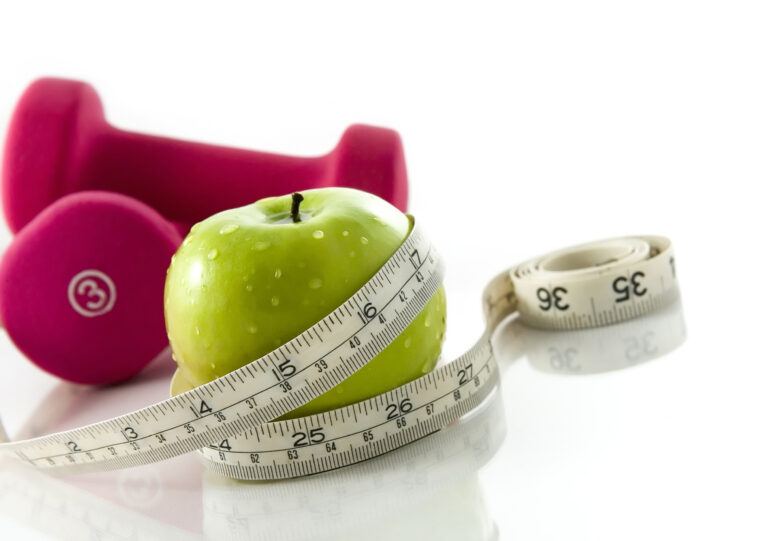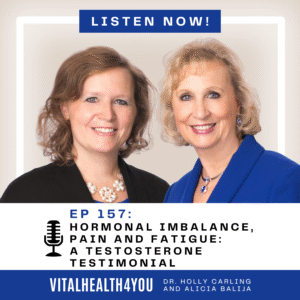When you’ve tried diets and exercise and in short you feel like you’ve “tried everything” and still can’t lose weight, what went wrong? Why do diets work for some people, and fail for others? Why do some diets harm some people and yet are so beneficial to others? There can be many reasons.
First of all, we are all unique individuals with unique genetic expressions. However, we were all created with the same basic design of organs and systems, all ingeniously designed to do the same thing. So a more appropriate question would be, “why aren’t mine working as well as the next persons is?”
Every organ in the body has to be doing its job the way it was intended or it may result in weight gain. Let’s take the digestive system for our first example. If the body isn’t making enough enzymes to digest the many fats, carbohydrates, minerals, vitamins, proteins and other substances then function of every single system suffers. The body needs essential fatty acids (the good fats, not bad fats) to make cells, hormones, vascular structure, to uptake calcium into the bones, as part of several metabolic processes, to provide lubrication and more. If the body doesn’t get enough usable fats, it will begin to store other fat (unfortunately it’s generally the unusable form), hoping to extract some vital components from it later. In fact we, as a nation, are incredibly overweight, yet most obese individuals are actually deficient in usable fats! Instead they’re stuffed with the junky hydrogenated fats that create havoc rather than function in the body.
Theoretically, exercise and diet should eliminate this problem. But what we do, typically, is go on a low fat diet/no fat diet with the false impression that eating less fat will make the body fat go away. If this were true then why is it that obesity in America has significantly increased during the same time period that fat in the diet has significantly decreased? If it were that easy, by the rate at which we’ve reduced fat in the diet, we should all be about 40% lighter! Omitting fat from the diet has been one of the big faux pas in nutrition. We’re paying the price for that now in many fat-deficiency diseases. So a no fat/low fat diet is not the answer.
Furthermore, when you eat something low fat/no fat, it tastes like cardboard. So to flavor it, they add sugar. What have you gained? If it says low sugar or no sugar they’ve either added fat to give it flavor or artificial sweeteners which actually within themselves contribute to weight gain. Artificial sweeteners inhibit leptin, a chemical which triggers the satiation center in the brain (that tells you to stop eating). When you consume artificial sweeteners, you’re likely to eat a whole lot more before stopping. Also, it interferes with the blood sugar regulation system and makes it more difficult to control blood sugar. Excess sugar in the body will eventually become excess abdominal fat. Artificial
sweeteners also interfere with pituitary function. The pituitary gland, among other functions, regulates the thyroid. The thyroid regulates metabolism, which regulates weight gain/loss. You mess with the pituitary and you mess with a lot of critical endocrine functions and many other problems can result.
This is how we approach dieting in this country. We have the completely wrong approach. The purpose of eating is to provide the raw materials the body needs in order to function, repair, rebuild itself and do all the metabolic actions necessary. That takes lots of fresh vegetables, grains, proteins, legumes and fruits to get those needed nutrients. If the diet is aimed towards this, the natural result would be weight loss. But it needs to be a lifestyle, not a “diet”. If you’ve been doing this, step it up to organic foods because they contain greater nutrient density than commercial products do. If you’ve done this and you’re still gaining weight, you have to go to a natural health practitioner who is skilled in identifying the underlying cause of your weight gain.
We still need to look at exercise. For every pound of muscle you have, your body will burn between 50-100 calories per day. So if you exercise consistently, gain 24 pounds of muscle (after a short while you will be losing the equivalent in fat) you will be able to burn an extra 1200 to 2400 calories per day, AT REST! That will certainly assist your fat burn! Be aware: initially you will gain a bit of weight because muscle weighs more than fat, but don’t get discouraged – it’s worth the persistence.
However, neither diet nor exercise work alone forever. In order to obtain an ideal weight you must do both. You also must address some of the underlying reasons why you gain weight. In other words, are you essential fatty acid deficient? Is your digestive system working properly? Are you depleted of the minerals critical for organ function that may be interfering with your ability to lose weight? Is your endocrine system functioning properly? How is your blood sugar? Any imbalance here can contribute to weight gain. Is your thyroid functioning right? A word of caution here: Many people have low functioning thyroids that don’t show up on the typical lab tests. There are other less traditional tests for determining thyroid function that have been used reliably for decades by natural health practitioners.
And finally, we need to look at the entire lifestyle. Today we live a life that is so stressed that it is no wonder we have weight out of control. Our bodies were never designed to endure a prolonged stress response. This stress response triggers a hormone that is a big factor in weight gain. Stress needs to be modified, food needs to be re-evaluated and brought back up to the level of real food, and exercise needs to be put into place on a regular basis.
If you’re finding exercise alone or dieting alone isn’t working, combine them. Remember too, that it isn’t a quick fix. It is a necessary lifestyle change. If you have been combining them and it’s not working, then your body isn’t up to the chore. Seek the services of a practitioner skilled in uncovering what’s wrong. When we fix that, the side effect will be a healthy, lean you!
©2008 Holly A. Carling, O.M.D., L.Ac., Ph.D.







